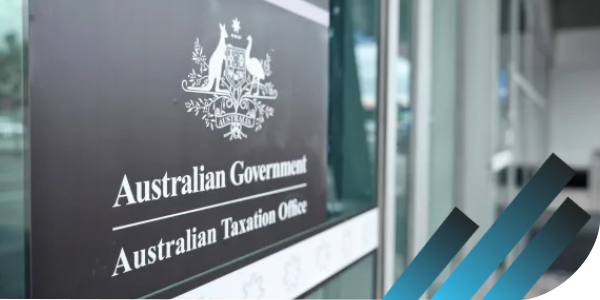The Australian Taxation Office (ATO) has recently updated its guidance on the market valuation of assets, reinforcing the importance of objective, supportable, and well-documented valuation practices.
The advice is significant for AVAA Certified Practising Valuers as it provides advice to taxpayers on when a valuation is required, what must be included in a report, and the expectations placed on professional valuers.
That ATO update underscores the central role that AVAA Certified Practising Valuers play in ensuring compliance with Australia’s tax framework. Market value is defined as the estimated monetary worth of an asset on the open market at a given time. The guidance highlights two critical elements: identifying the “most valuable use” of the asset (which may differ from its current use) and assessing the amount a willing buyer and seller would agree to in an arm’s-length transaction.
The ATO has expanded on situations where a market valuation is necessary. These include transfers of assets between related parties, applying the GST margin scheme, small business capital gains tax concession eligibility, and employee share schemes. For valuers, this means the scope of engagement continues to broaden, with increased demand for credible, independent reporting across a wide range of asset classes. The ATO update can be viewed via the link below:
Importantly, the ATO has specified minimum requirements for valuation reports. Reports must state the purpose and scope of the valuation, identify the asset, include relevant dates, provide supporting evidence for the market value reached, and detail the valuer’s methodology. Depending on the type of asset or timing of the valuation, additional information may also be required.
The ATO guidance makes clear that professional valuers bring credibility and independence that non-professionals cannot. Valuations must be free from influence, with independence explicitly acknowledged in the instructions provided. The ATO has also noted that properly instructing a professional valuer through a clear letter of engagement outlining purpose, independence, and access to relevant records protects taxpayers from penalties, even if the valuation is later found deficient. This reinforces the value of AVAA Certified Practising Valuers, whose qualifications and ethical standards position them as trusted experts in these complex matters.
The ATO also reminds taxpayers and advisers of their obligation to retain valuation reports and supporting evidence. These records are essential should a review of tax affairs occur in the future.
As part of AVAA Australian Government policy advocacy activity, the sector is actively engaging with the ATO to ensure the expertise of AVAA Certified Practising Valuers is properly recognised by the Australian Government, and to maintain confidence in the profession’s critical role in the nation’s tax and regulatory systems.
Ends.







